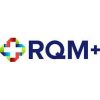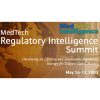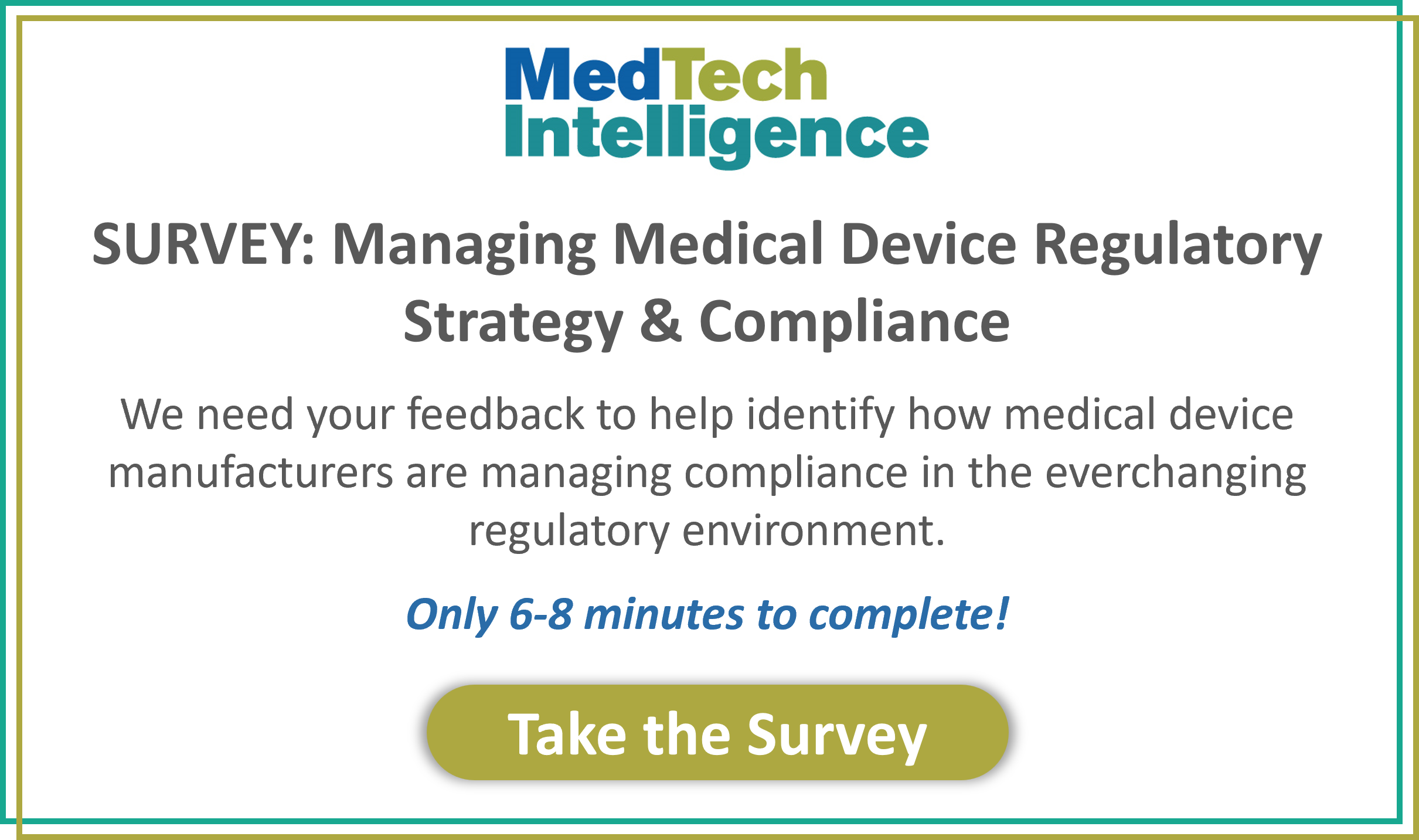Other industries are already seeing the benefits of more holistic and interchangeable data/document management in enabling process optimization and transformation, but until now the life sciences industry has been slower to understand the benefits to be gained from a more fluid approach to managing information in all its formats.
In this wide-ranging debate, Steve Gens of Gens & Associates, Remco Munnik of Iperion and James Kelleher of Generis discuss the scope for improvement and the practicalities of delivering it.

MedTech Intelligence: Why do organizations in life sciences need to rethink the way they manage their data and documents?
James Kelleher: It makes no sense to treat them separately. Documents contain data, and data is used to populate documents, so ideally these assets should be part of the same continuum. Today it’s perfectly possible to unify everything on a single platform.
Remco Munnik: As a patient, I would like to be informed about possible treatments, side effects and availability of products through structured data. It’s far more efficient to start with the data and use that as the basis of the actions we take, than rely on static documents—moving information in and out of them for each purpose. This industry generates a lot of data, yet still relies heavily on documents or PDF files to correspond with the health authorities. And as long as regulators and companies are not working in data, they can’t easily exchange information so processes can’t be optimized.
Steve Gens: Within regulatory affairs and quality, systems and processes remain largely disconnected—although this is changing. There’s still a lot of manual pushing of information, driven by local spreadsheets and file shares, resulting in struggles to obtain high data quality levels – which takes away from a function achieving high operating performance.
For example, departments get caught in verification loops—because they don’t have trust or confidence in the data. When we did some benchmarking on this topic from a regulatory perspective five years ago we found that up to 10 percent of people’s time is tied up in this way.
There’s also a big focus on reducing time to market now. Historically, the priority was first market approvals in the major countries, but now it’s getting new products or indications out to secondary markets much faster (i.e. by 3–6 months).

Kelleher: Once they are able to manage all information and content together across a common architecture, teams can see how long things are taking—and make improvements. That could be linked to the speed of compiling and submitting responses to health authority queries, delivering translated materials to Brazil, or gaining approvals for an order of test tubes.
MTI: Why is there a particular urgency today to accelerate this kind of transformation?
Munnik: The pandemic has brought to life some of the limitations in information flow for healthcare providers and patients. People are asking, “What are my options?” and “What supporting studies are available?”, and they’re starting to question why this information isn’t readily available to them to search, compare and assess in an accessible, consistent, standardized and user-friendly way.
Part of the issue is that, unlike in other industries, there hasn’t been that same competitive imperative to trim administrative processes or create new customer-centric experiences. And, frankly, there has been a lack of leadership from the regulators, too—to really drive and align everyone behind a data-first approach.
MTI: Will the implementation of regulatory data standards help to address that?
Munnik: Certainly it provides the language that will make it possible to optimize different systems, for example the delivery and management of electronic patient information, or reporting of product shortages.
Gens: Encouragingly we’re seeing regulatory information management leaders take the opportunity to greatly improve the information management layer to better retrieve, connect and consumer information. Our latest world-class RIM study found two-thirds of the industry working actively on end-to-end processes.
MTI: Once life sciences companies have identified that this is the path they want to take, what’s next?
Gens: It’s not a case of ‘invest in this software and you’re good to go’. Our research suggests that the highest achievers are those companies with data quality sustainability programs, a data governance structure, and new roles like data stewards, data scientists and even chief data officers. They have thought through their information flow and process optimization, and have truly global systems.
Interestingly, when we conducted our COVID-19 regulatory impact study in September-October last year, we found these companies had had an easier time with transitioning to remote work because that had standard global systems and processes in place, and as long as team members had an Internet connection, they could continue to contribute effectively.
MTI: How important is the cloud in enabling the kind of transformation needed?
Gens: The cloud plus a SaaS [software-as-a-service] delivery model gives companies earlier access to the latest capabilities. And, during the pandemic, it’s allowed people to be a lot more mobile/virtual, so I think cloud adoption will further accelerate coming out of COVID-19.
MTI: When it comes to the kinds of new real-world experiences that could be enabled by a better flow of data between functions, and greater standardization of information, what will drive that kind of innovation? Are new standards for data reporting enough?

Munnik: It’s certainly a great start, but more needs to be done—especially to bring consistency at a global level to the way information is managed and reported. It might take a disruptor (Google, Amazon, etc.) to step in before we see serious transformation from a consumer perspective. The hope is that it will just take one innovative leader to step out and do something new, and then others will follow.
Gens: Yes, if you look at how Amazon works—it delivers experiences, and doesn’t just focus on data or documents: In three clicks, you get to what you want to buy. To achieve that kind of scenario in life sciences, it’s a matter of overcoming disjointed systems and being able to trust the information sources. Once you simplify and standardize, the information will flow much more readily, enabling new experiences. Fortunately we’re well on the way to this kind of scenario, with some of the newer platform capabilities that are coming through.







